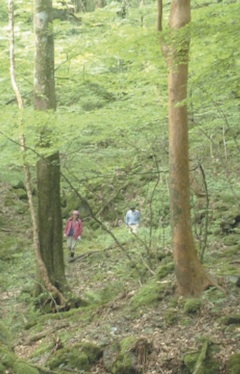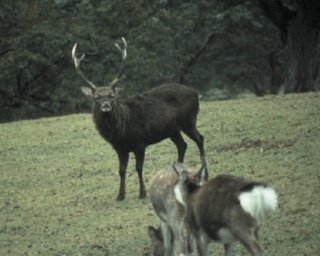Introduction
Due to the giant leaps in science and technology, society in 20th century became affluent that human beings have never experienced. This success, however, has come at a cost to the environment, creating various adverse effects such as global warming, environmental pollution, and extinction of species. In light of these problems, Agricultural and Life Sciences have been conducting advanced research that will improve human life and support expanded social development by increasing biological production and utilization of various biological phenomena. From a global point of view, due to the dramatic increase in human population and changes in diets, the future reality could be bleak if sufficient foods are not secured. Because of the expansion of human activities, remained natural ecosystem is now under threat unless we can develop a better relationship with it.

In this sort of environment, in order to secure the survival of human beings in the 21st century and beyond, and to maintain and conserve the natural ecosystems which are the foundation of human survival, we must understand the system of nature. Based on the understanding, we must make it clear how to associate nature with human beings, how to conserve biodiversity, how to achieve effective and sustainable biological production, and needs for the implement of specified actions have been urged more than ever.

The Department of Ecosystem Studies aims to develop sustainable global management schemes that value ecosystem mechanisms and allow human society and nature to live in harmony. This department is a new initiative in the Graduate School of Agricultural and Life Sciences, the University of Tokyo, and was started in 2000. An important feature of this department is a focus on fieldwork, which is conducted in different ecosystems, located in forest through to coastal environments. Based on an understanding of the mechanism and existing problems of focal ecosystems, we aim to both integrate agricultural and life science-related academic achievements and develop related principles and techniques, while educating skilled personnel.
The department has two main divisions, Biological Conservation and Ecosystem Management, and one associated division of Bioresources Management. The Bioresources Management division cooperates with the former two divisions in research and education, and is composed of three affiliated facilities within the Graduate School of Agricultural and Life Sciences: Aquatic Bioscience Research Center, University Forests and Institute for Sustainable Agro-ecosystem Services.
As described above, in our department, we attach importance to education and study in the fields beyond the frame of the established fields in Agricultural and Life Sciences. We are expected to achieve concrete and advanced results, through possessing the own fields not only by professors but also by students, and sharing academic topics found in it. The contents of our department will be build up by our own activities in the future, while we would be pleased if you could join us to enrich this new field.

